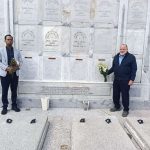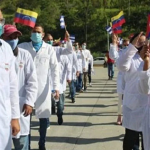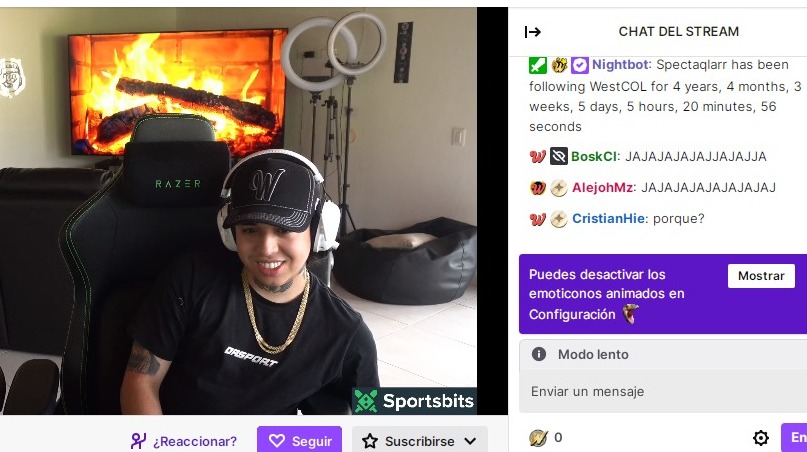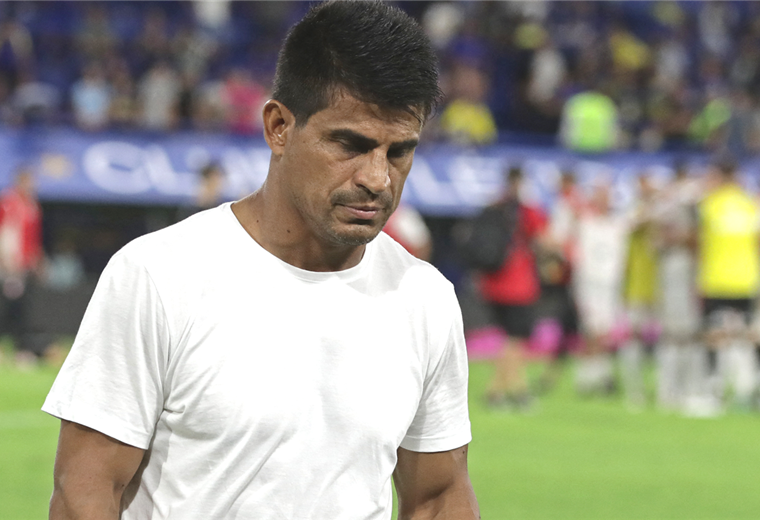In the week that marks the 59th anniversary of the 1964 coup d’état, the Coalition Brazil for Memory, Truth, Justice, Reparation and Democracy brought together mothers and relatives of victims of police violence over the last few years in a debate at the Chamber of Deputies, in Brasilia, this Tuesday afternoon (28). The event was marked by the emotion of people who continue to suffer the brutal action of the State security forces, even decades after the end of the authoritarian regime in the country.
This is the case of Bruna Silva, mother of Marcos Vinicius Silva, who died at the age of 14 during a police operation in Complexo de Favelas da Maré, in the north zone of Rio de Janeiro, almost five years ago. At the time, the case had great national repercussions, but until today there has been no justice. At that moment, in 2018, Rio de Janeiro was undergoing a federal intervention in the area of public security, with the participation of the Armed Forces.
“My son was killed at 14 and [antes de morrer] asked me a question: ‘Mom, for God’s sake, what have I done? Didn’t they see me with clothes and school supplies?’ Even if you don’t have clothes and school supplies, what’s the problem? The role of the State is not to come in to kill. We need basic sanitation, a light, a clock [de água]”, protests Silva, who is one of the founders of Coletivo Mães da Maré, which works in defense of human rights in the favela and for memory, justice and reparation. “The State kills an entire family because it gets sick, mothers are dying. We throw ourselves into the fight not for stardom, but to not really die ”, she adds.
“All the children murdered by the State are present in our voice, which is not silent, and we are going to fight for justice”, shouted Ana Paula Oliveira, founder of Coletivo Mães de Manguinhos. She is also the mother of a victim, young Jonathan Oliveira, killed in Manguinhos, a favela in Rio de Janeiro, in 2014, by a police officer from the Pacifying Police Unit (UPP). At the time, he was 19 years old.
updated fight
One of the points of this Tuesday’s debate, in the context of the memory of violations during the military dictatorship, is precisely to transpose this struggle to the current victims of state violence, markedly peripheral populations of large cities, especially the black youth who live in these areas.
“The issue of dictatorship is something that is very difficult to penetrate into Brazilian society. Historically, people in the present have had a hard time connecting. That is why the main gain for this fight for memory, truth and justice and reparation is when we incorporate the new agents of this fight, who are the victims of police violence”, argues Gabriele Abreu, coordinator of the memory, truth and justice area of the Institute Vladimir Herzog and a member of the executive board of the Coalition.
For Abreu, the lack of true transitional justice in the country, after the end of the military regime, is one of the factors that most contribute to the reiteration of this violence. “The lack of care, at that time, ends up reflecting today in a certain improvement in the way in which, for example, the police act in Brazilian peripheries and favelas, a culture of impunity that the dictatorship did not inaugurate, but ended up consolidating”.
state that kills
Four months ago, Gabriel Vilar, aged just 18, was also killed in a police operation in the Nova Holanda community, which is also part of Maré, in Rio de Janeiro. “My brother’s dreams were interrupted by a genocidal state”, says Rafaella Vilar, 28 years old, Gabriel’s older sister. According to her, her brother was the target of five shots and five other knife strikes. His body would have been held by police for several hours before being handed over to the family. “The policemen dragged my brother’s body as if he were an animal, from one street to another. His skin came off all over, it was raw. When happened [o crime] it was 11:30 in the morning, my brother was found at 5:00 in the afternoon”, he reports.
Bruna Mozer de Souza says that her son, Bruno Luciano Mozer, was executed at the age of 18, in the community of Muquiço, in 2018. “He was shot in the shoulder, surrendered and was then killed with a shot in the head”. The burial was on the victim’s birthday and she had to promote a “crowdfunding” in the favela to raise the R$ 2,800 used for the burial expenses. At the time, the State registered Bruno as the son of unknown parents and unknown address. This neglect by the State means that Bruna always carries her own son’s death certificate in her purse, a way of giving dignity to her memory, as someone who has a family.
More than 14 years after his brother’s murder, Luciano Norberto dos Santos is still awaiting the judgment of the police officers involved in the case. “They executed my brother with a shot in the back of the head. The expert came to the conclusion that my brother could have his arm raised [quando foi alvejado]”, account. “He was going home from work when the police picked him up and took him to the top of the hill”, he adds. The popular jury in the case is scheduled for the coming months. “It’s not revenge, we want justice.”
For Gabriela Abreu, from the Vladimir Herzog Institute, the violent practices of the Years of Lead served as a legacy for what we see today. “The dictatorship created ideological and practical devices of violence that ended up being perpetuated over decades, even after the end of the military regime, because there was no such transitional justice”.

















